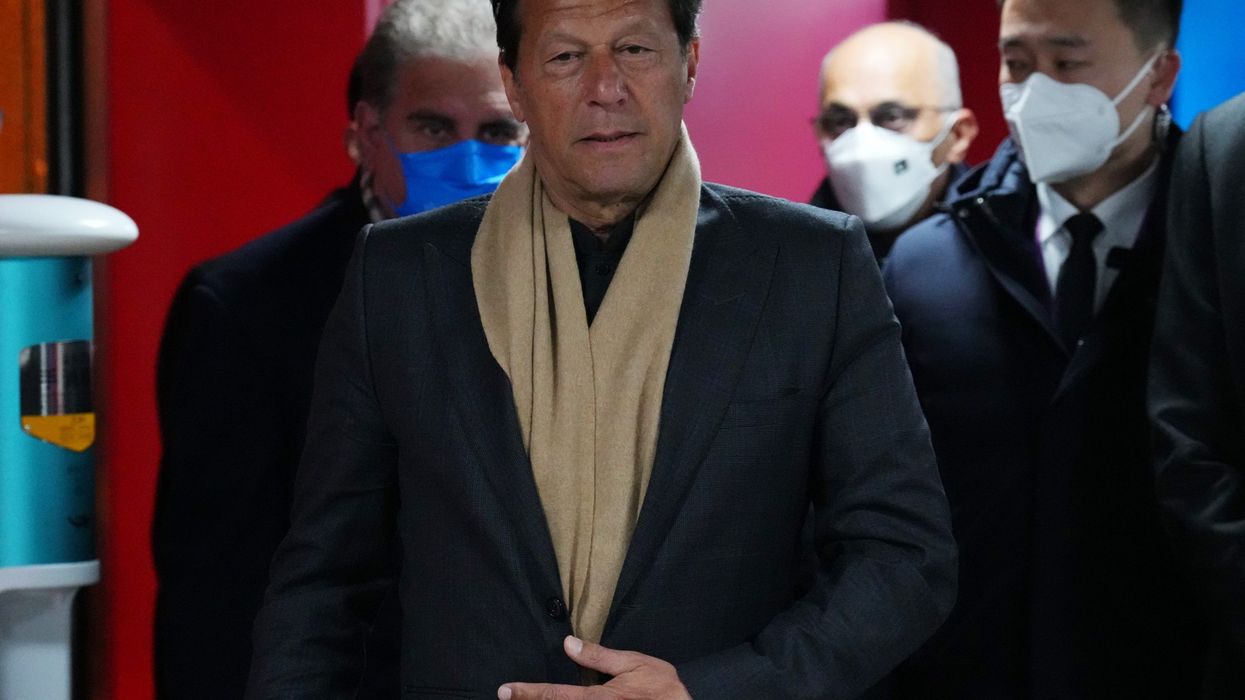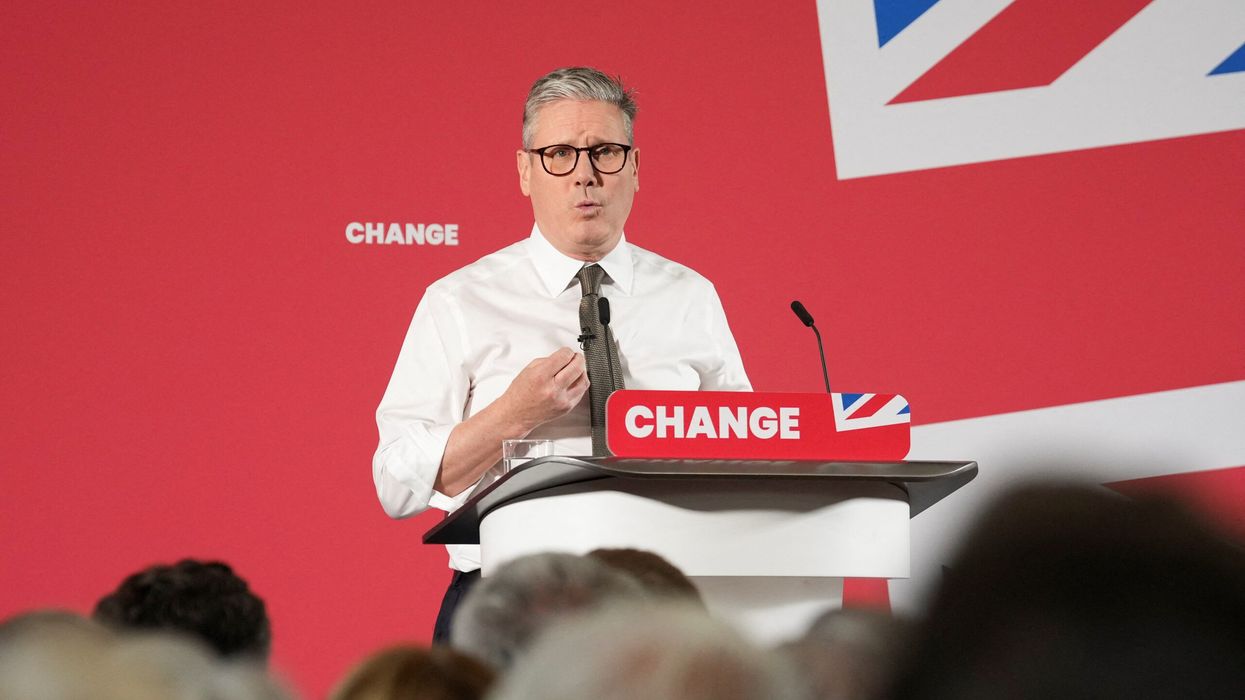With military courts, intimidation of the press and mass arrests, Pakistan's rulers are seeking to destroy former prime minister Imran Khan's support ahead of elections, analysts say.
"People are being broken," he told AFP. "By exerting pressure in different ways, they are trying to put the politicians in their place."
The military's media wing did not respond to repeated requests for comment by AFP.
Quashing opposition
Since Khan was ousted last year in a parliamentary no-confidence vote, he has levelled unprecedented critique at the military –- long-regarded as Pakistan's powerbrokers who analysts say backed his rise to power in 2018.
Pakistan's most popular politician has been tangled in dozens of legal cases he claims are fabricated to quash the PTI and bar him from contesting elections due this autumn.
In the days following the protests, more than a dozen of his senior leadership were repeatedly arrested and released on allegations of instigating the violence.
In press conferences after being freed, some of his closest aides condemned the violence and announced they were parting ways with Khan.
"They have put everyone in jail," Khan complained in an address. "If you say the magic words, 'We are no longer in PTI', then you will be released."
Thousands of rank-and-file supporters have also been rounded up under the anti-terrorism act.
In Khan's power base in the eastern city of Lahore, a grassroots PTI supporter said her son was arrested after protesting peacefully.
"It was clear that he had been beaten and was visibly scared," the housewife told AFP on condition of anonymity.
"He hasn't set foot outside the house since then. He's received calls from unknown numbers warning him that he's being watched."
Amnesty International said "overly broad and vague anti-terrorism provisions" are being used and "a pall of fear hangs over Khan's supporters following the arbitrary arrests of many opposition leaders".
"It is a familiar story. A political party, thinking it can take on the country's all-powerful establishment, crosses a red line and quickly finds itself losing a ruthless, one-sided war of attrition," said an editorial in the Dawn newspaper.
"The only way out is to do exactly what you are told."
Censorship
Journalists in Karachi told AFP they were being sent streams of briefings by the army public relations wing targeting Khan's reputation.
"We get a lot of smearing news from the 'big brothers' on WhatsApp, which are supposed to be off the record and we are obliged to broadcast without any attribution," a TV reporter said on condition of anonymity, using a euphemism for the army.
Another TV journalist said stories were previously sent to them once or twice a week, but the frequency has now increased to five or six times daily.
"We observe self-censorship voluntarily to avoid any nuisance," one more reporter admitted.
Reporters Without Borders (RSF) and Amnesty International have said prominent pro-PTI reporter Imran Riaz Khan has been missing since being abducted by military intelligence agencies two weeks ago.
Media has been saturated with pro-army content since Khan's arrest, including a "Martyrs' Day" hastily announced on Thursday, where children showered the graves of slain soldiers with petals and Prime Minister Shehbaz Sharif framed Khan as an insurgent against law and order.
Michael Kugelman, director of the South Asia Institute at the Wilson Center said it was "not a surprise that the army would want to apply a PR blitz".
"It's suffered major blows to its popularity and even its credibility because of Khan's anti-army narratives," he added.
Fighting the courts
Meanwhile, Prime Minister Shehbaz Sharif has openly criticised the Supreme Court after they ruled Khan's arrest on graft charges illegal and ordered him freed, calling it a "funeral of justice".
Supreme Court barrister Gohar Ali Khan -- a member of Khan's legal team – said the judiciary was facing an "extraordinary situation".
"Police behaviour, delaying tactics, and other legal complications purposely created by the authorities are a hindrance in the way of quick justice," he told AFP.
The government has meanwhile approved the use of military courts to try protesters accused of damaging military or state buildings during the riots –- a power last used to try civilians suspected of militancy.
Foreign Minister Bilawal Bhutto Zardari said it was "the consequences of Mr. Khan's actions".
"I believe that if the writ of the state is established, if law takes its course, we will be able to work toward political stability," he told AFP earlier this week.
As the simultaneous confrontations play out between Khan and the army chief, and the government and the judiciary, the former leader is becoming increasingly isolated.
"My bottom line view is that the top civilian and military leadership appears to be all in on this goal of dismantling the PTI altogether," said analyst Kugelman.
(AFP)












